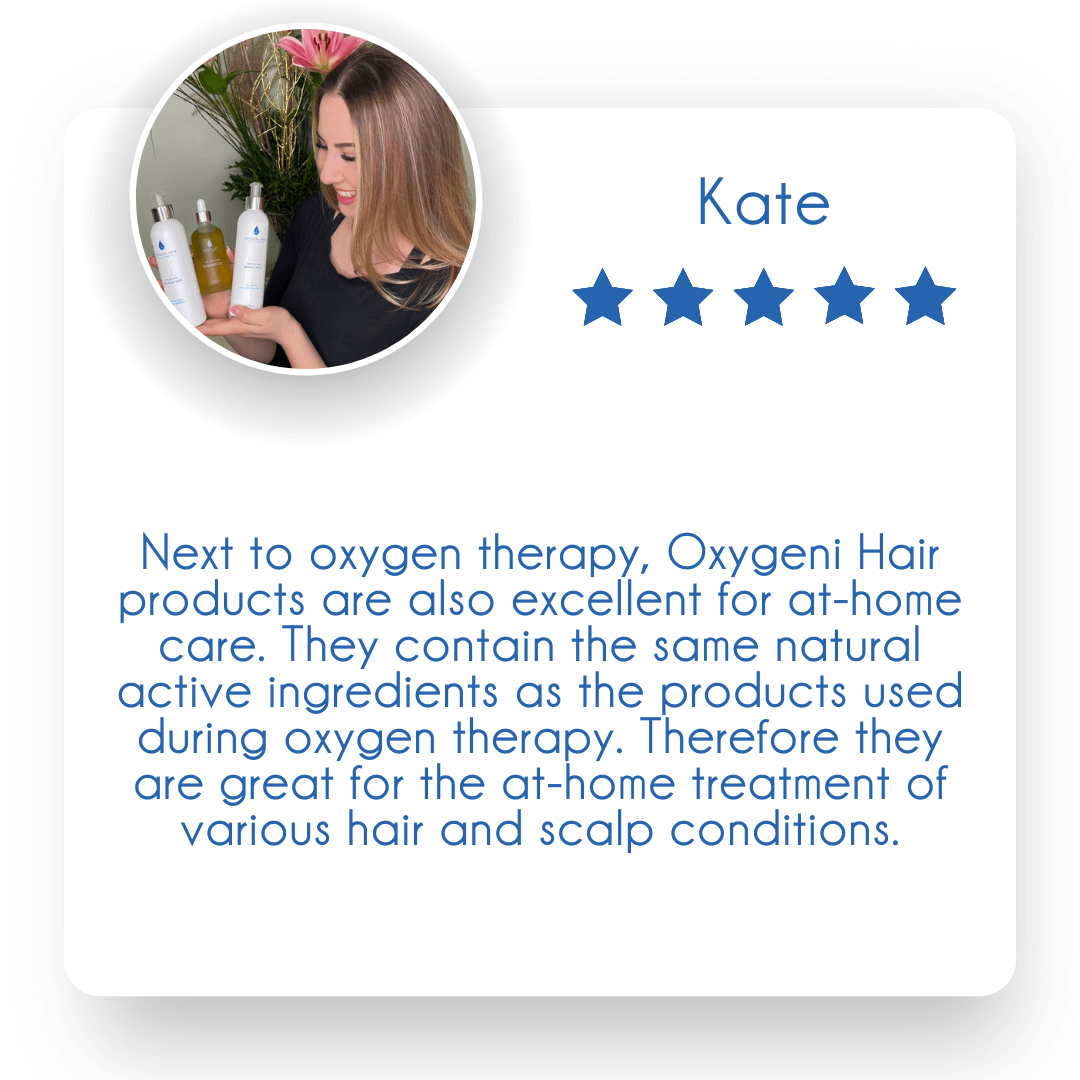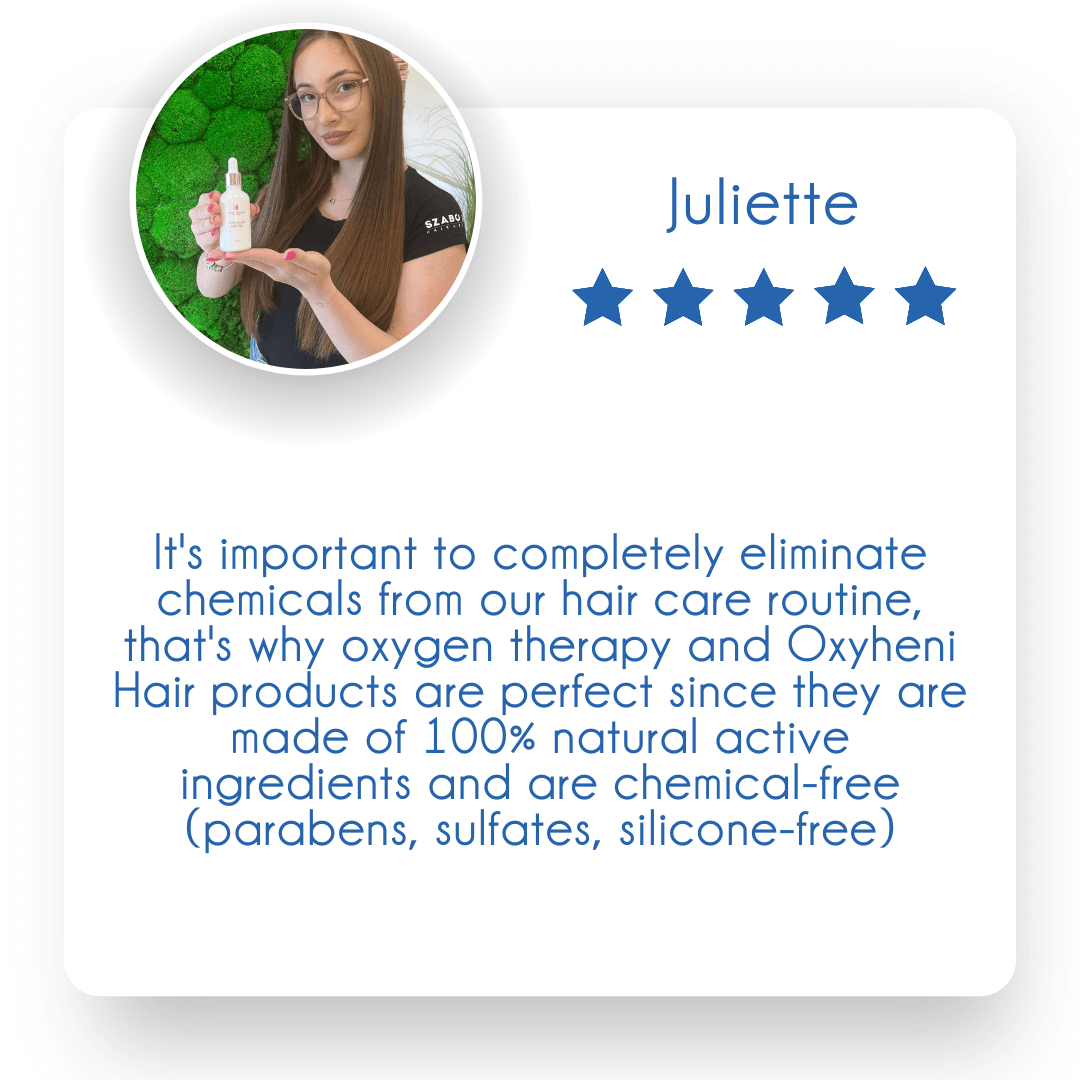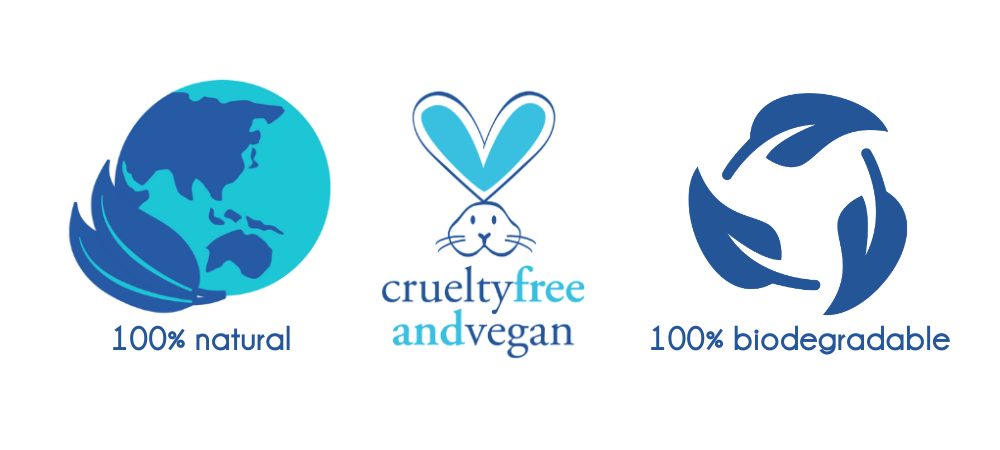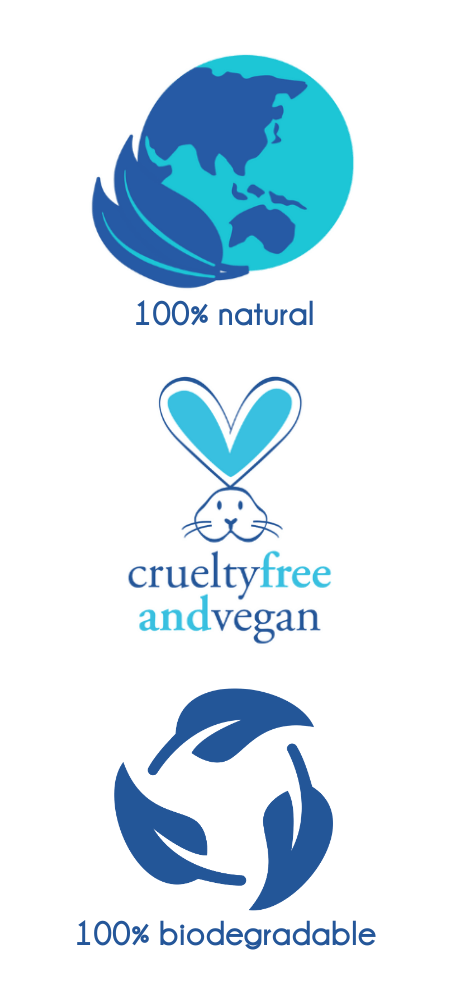Dry Skin Care
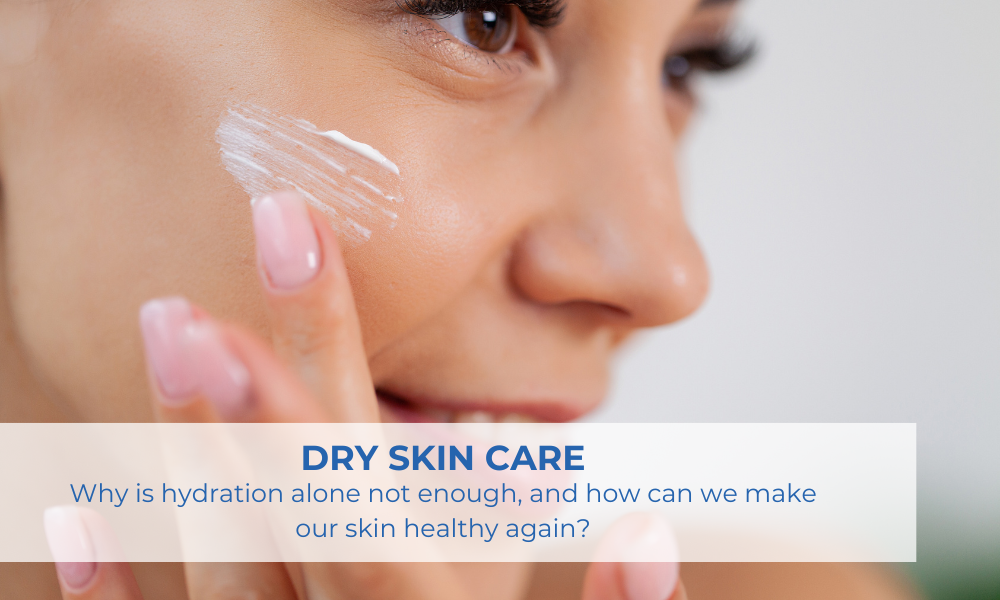
Dry Skin – Why Hydration Alone Is Not Enough and How to Make Your Skin Healthy Again
Dry skin is not only an aesthetic issue but can also cause significant discomfort in daily life. If our skin doesn’t receive the proper care, it can easily feel tight, itchy, or even start to flake. This not only affects the condition of our skin but also significantly impacts our overall well-being. While many consider hydration the key to solving the problem, treating dry skin requires much more than just moisturizing. So why is proper care for dry skin important, and why is hydration alone not enough? In this article, we will answer the most important questions about dry skin care and help you understand how to achieve the desired results when dealing with dry skin.
Possible Causes of Dry Skin
EXTERNAL FACTORS
One of the most common causes of dry skin is related to environmental factors. Cold, windy weather and low humidity can especially strain our skin. In winter, when the temperature drops and the air becomes drier, our skin loses its natural moisture more easily. The wind exacerbates the situation by irritating and drying out the surface of the skin. Adding to this, the dry, heated air in our homes, which has low humidity, makes it no surprise that our skin can quickly lose its elasticity and hydration. These external factors combined can significantly affect the condition of the skin and contribute to increased dryness.
Internal factors
Both external and internal factors play significant roles in the development of dry skin. One of the most important factors is inadequate fluid intake. If we don’t drink enough water, our skin won’t receive the necessary hydration, which can lead to dryness, flaking, and irritation. Additionally, an improper diet can contribute to the deterioration of the skin’s condition. Nutrient deficiencies, particularly in vitamins and fatty acids, such as omega-3 fatty acids or vitamins A and E, can weaken the skin’s protection and also hinder the regeneration of skin cells. Finally, we must not overlook genetic predisposition. Some individuals may be more prone to dry skin, which can be inherited. If several family members suffer from dry skin, it is important to pay extra attention to skincare and proper hydration.
bad skincare habits
Bad skincare habits can also play a significant role in the development and worsening of dry skin. One of the most common mistakes many people make is washing with water that is too hot. Although hot water can provide a temporarily pleasant feeling, over time it removes the skin’s natural oils that are responsible for hydration, leading to quicker dryness. Additionally, using drying cosmetics, such as products containing sulfates, alcohol-based toners, or cleansers, can contribute to skin dehydration. These ingredients strip away the necessary moisturizing layers from the skin’s surface, intensifying dryness and irritation. If we don’t pay attention to the skin’s needs during skincare, we can easily disrupt its natural protection, making it unable to maintain a healthy and hydrated state.
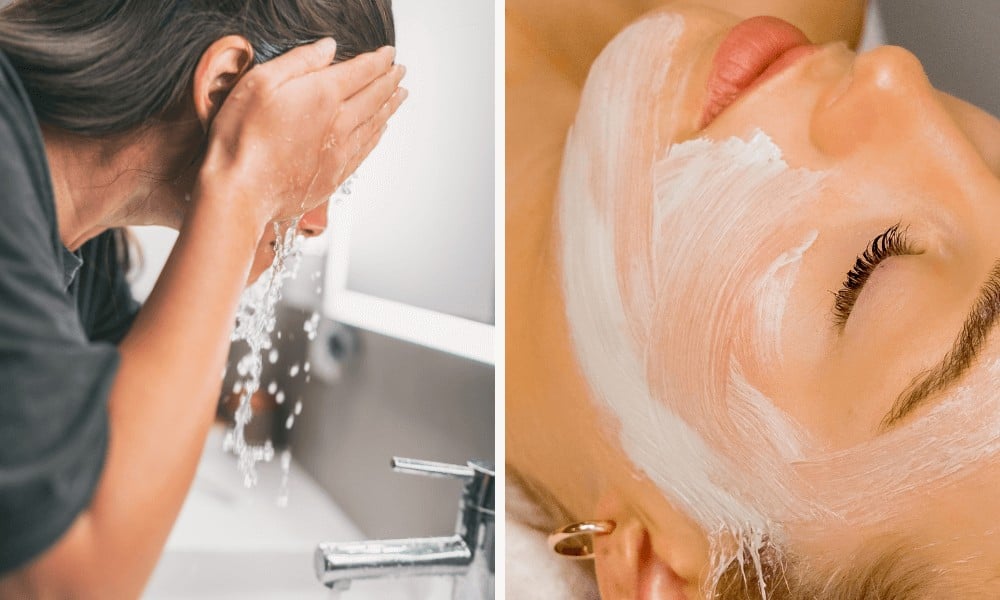
Dry skin care basics
The skin is one of our most important lines of defense against the outside world, as it protects us from various external factors such as harmful UV rays, pollutants, bacteria, and viruses. However, for this protective function to work properly, proper skincare is essential. If we do not give enough attention to caring for our skin, it becomes more prone to damage, irritation, and infections.
1. Gentle Cleansing
One of the most important steps in caring for dry skin is proper cleansing, which aims to remove accumulated impurities and dead skin cells without damaging the skin’s natural protective barrier.
Choosing the right cleansers is essential for skincare. It is advisable to look for soap-free, fragrance-free products that are gentle on the skin’s hydrolipid layer. Cleansers containing sulfates can overly dry the skin, which can be particularly problematic for dry skin. The best options are formulas containing moisturizing ingredients like glycerin or hyaluronic acid, as these help hydrate the skin during the cleansing process.
Water temperature also plays an important role; always cleanse the face with lukewarm water. Additionally, when drying the skin with a towel, avoid rubbing vigorously; instead, gently blot the moisture to prevent irritation. The combination of proper cleansing techniques and well-chosen products helps ensure that dry skin does not lose further hydration, but instead maintains its natural protection and comfort.
2. Hydration through Layering
Hydration is one of the most important steps in caring for dry skin, as it helps retain the skin’s moisture and strengthens its natural protective barrier. For the best results, it’s worth layering moisturizing products to enhance each other’s effects, providing deeper and longer-lasting hydration.
First Step:
The first step in skincare can be the application of hydrating serums. After cleansing the skin, it’s recommended to use lightweight, fast-absorbing products that penetrate deeply into the skin. Ingredients like hyaluronic acid, niacinamide, and panthenol quickly hydrate the skin and replenish it with moisture, providing essential hydration.
Second Step:
The next step is applying a richer moisturizer. After serums, it’s worth using a cream that targets the upper layers of the skin and locks in moisture. Products containing ceramides, shea butter, or natural oils (such as jojoba, argan, olive, or avocado oil) are particularly effective in treating dry skin, as they help restore the skin’s lipid layer, providing protection against external factors.
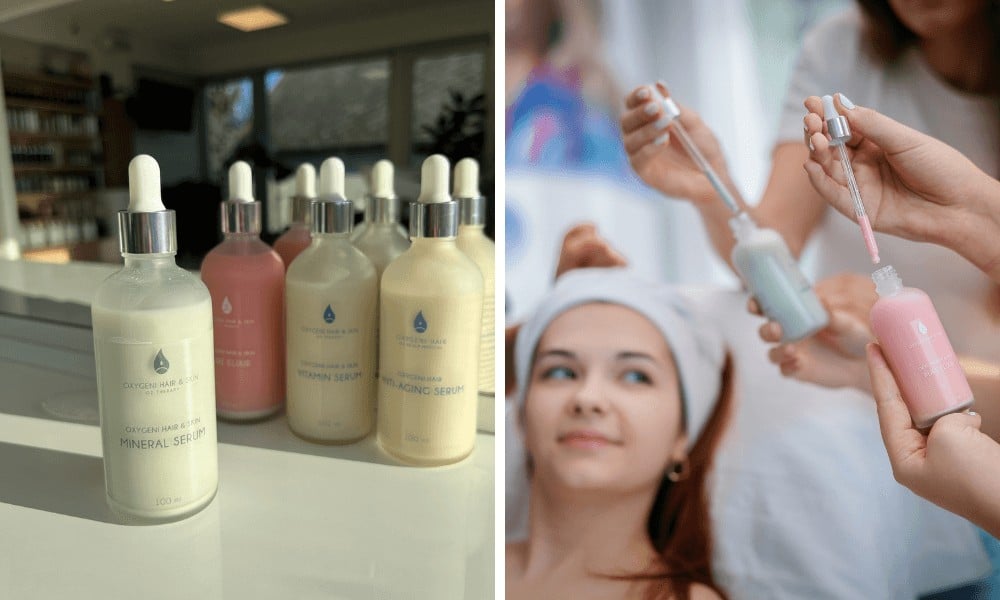
Third step:
The final step in hydration could be the application of facial oils, which help “seal” moisture into the skin, preventing it from evaporating. This is especially important during the cold winter months when the cold air and wind dry out the skin more intensely. Oils ensure that hydration lasts, leaving the skin smooth, soft, and protected. Layered hydration not only provides immediate comfort but also helps maintain the skin’s health and hydration in the long term.
3. Building a Protective Barrier
One of the biggest challenges of dry skin is that its natural protective barrier becomes more fragile, making it more prone to irritation. Restoring and strengthening this barrier is crucial for maintaining skin health, so it’s important to focus on replenishing lipids, protecting against UV rays, and shielding the skin from external environmental factors.
To restore the skin’s natural lipid layer, it’s advisable to choose products that contain fatty acids, ceramides, and squalane. These ingredients not only hydrate the skin but also reinforce its protective barrier, preventing water loss and helping to maintain the skin’s hydration. Lipid replenishment plays a key role in the skin’s ability to maintain proper moisture balance and protect it from harmful external factors.
For dry skin, sun protection is equally important. The harmful effects of sunlight can occur not just in summer, but in winter as well, as UV rays can still dry out and damage the skin during colder months. Therefore, it’s essential to use a daily sunscreen with at least SPF 30, which protects the skin from UV-induced dryness, aging, and other harmful effects.
In winter, it’s beneficial to apply thicker-textured creams that form a physical protective layer on the skin. These creams help prevent the cold air and wind from further dehydrating the skin and provide necessary protection from external environmental factors.
Applying Moisturizing Masks
The periodic use of moisturizing masks is particularly beneficial for dry skin, as they provide intense care and help restore the skin’s optimal hydration levels. Different types of masks can work in various ways, so it’s important to choose one that suits your skin type and needs.
The versions of fabric masks soaked in active ingredients are highly effective for moisturizing the skin. Under the mask, the skin’s temperature rises, which helps the active ingredients absorb more quickly and deeply. This provides the skin with intensive hydration, and the nutrients from the mask penetrate deeper layers of the skin. Creamy face masks are excellent for hydrating and nourishing the skin, as their rich, thick texture helps lock moisture and nutrients in the upper layers of the skin. The active ingredients in these masks, such as vitamins, minerals, and natural oils, deeply nourish the skin, restore its hydration, and improve its texture. With regular use, the skin becomes smoother, softer, and more resilient.
If we want to try natural, at-home solutions, we can easily make a simple moisturizing mask. For example, a mixture of one tablespoon of honey, one teaspoon of turmeric, and a little yogurt provides effective moisturizing properties We can leave this mask on the skin for 15-20 minutes, ensuring the skin receives the necessary nutrients and hydration. Then thoroughly rinse off.
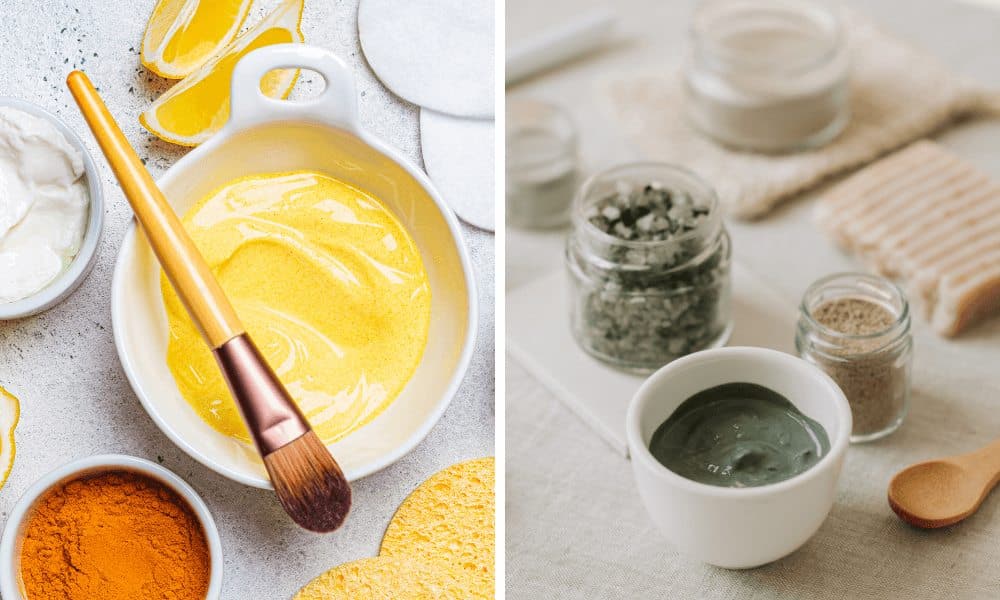
Active ingredients that help treat dry skin
In the care of dry skin, the right active ingredients play a key role as they help restore the skin’s hydration, strengthen its protective barrier, and prevent further water loss. There are several active ingredients that are particularly effective in treating dry skin: hyaluronic acid, ceramides, and various oils, each of which contributes in a unique way to maintaining the skin’s health.
Hyaluronic acid is one of the most well-known and popular moisturizing ingredients for dry skin. This natural substance is an essential component of the skin, as it has an exceptionally high water-binding capacity, allowing it to bind thousands of times its own weight in water, thus helping to maintain skin hydration. Because it is easily absorbed by the skin, it quickly hydrates while penetrating deeply into the skin layers and supporting the restoration of the skin’s natural water balance. With regular use, the skin becomes plumper and smoother, and the appearance of fine lines and wrinkles is reduced, as the water retention makes the skin firmer.
Ceramides are essential components of the skin’s protective barrier and play a crucial role in maintaining skin hydration. These lipid molecules prevent water loss and provide protection against external harmful factors, such as pollutants and allergens. Dry skin often lacks ceramides, making it more prone to losing hydration and becoming susceptible to irritation. Skincare products containing ceramides help replenish this deficiency, strengthening the skin’s protective layer and improving its ability to retain moisture. Ceramides help the skin regain its softness and elasticity, while also improving its overall health in the long term.
Natural oils are particularly beneficial for dry skin care, as they nourish and help protect the skin from environmental factors. These oils are rich in fatty acids, vitamins, and antioxidants, all of which contribute to the skin’s regeneration and hydration. Avocado oil, for example, is well known for its deep moisturizing properties, as it is rich in vitamins and essential fatty acids that nourish the skin while strengthening its protective function. Argan oil is also highly beneficial due to its high content of vitamin E, which, through its antioxidant properties, protects the skin from free radical damage while moisturizing and softening it. Olive oil is also famous for its moisturizing and nourishing properties, and its anti-inflammatory properties can help alleviate skin irritation. Natural oils not only ensure the skin’s hydration but also contribute to maintaining its elasticity and softness.
Mistakes to avoid
Over-exfoliation
Exfoliation is an important step in skincare because it helps remove dead skin cells, giving the skin a fresher and smoother appearance. However, with dry skin, it’s easy to overdo exfoliation, which can not only be unhelpful but may also worsen the condition of the skin. The benefits of natural exfoliants include being gentler on the skin, as they are typically made from mild ingredients that do not irritate the skin. Additionally, many natural exfoliants, such as sugar, oats, or fruit acids, not only cleanse but also contain hydrating and nourishing ingredients that help maintain the skin’s health.
Skin prone to dryness is often sensitive, and excessive exfoliation can damage the skin’s natural protective barrier, making it even drier. Strong, harsh mechanical exfoliants or overused chemical exfoliants can irritate the skin, increasing redness, itching, and irritation. Frequent exfoliation can cause the skin to lose moisture because, in the process, not only dead skin cells are removed, but also the skin’s moisture content can decrease.
That’s why it’s worth limiting exfoliation to once or twice a week and choosing products that are gentle on the skin. If you use a chemical exfoliant, make sure to opt for milder, pH-balanced formulas! For dry skin, natural and chemical-free products are a much gentler and safer option.
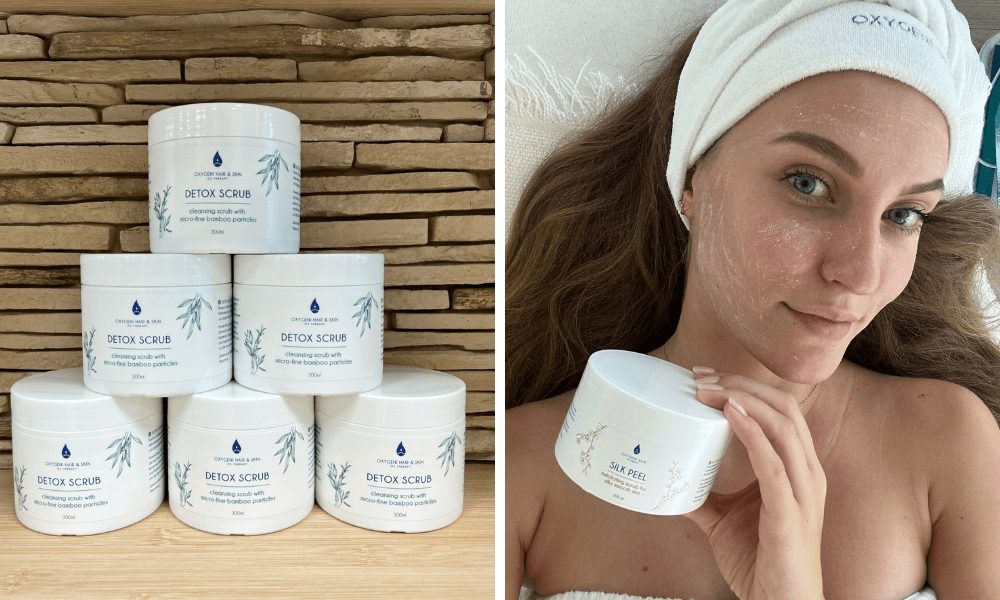
Detox Scrub
The Detox Scrub is a completely natural and chemical-free deep-cleansing exfoliator that cleanses the skin of harmful toxins and impurities. The scrub we offer is fully multifunctional, suitable not only for the scalp but also for the face and the entire body.
Silk Peel
In addition to exfoliating and deep cleansing, it reduces sebum production, detoxifies the skin, prevents pigmentation issues, has anti-aging+ properties, and is an excellent anti-inflammatory. It leaves the skin silky soft and fragrant. The Silk Peel can also be used as a face mask.
Use of alcohol-based toners and facial mists
The use of alcohol-based toners and facial waters can be particularly problematic for dry skin, as alcohol dries out the skin intensely. While these products often promise to cleanse and tighten pores, in reality, they can damage the skin’s protective barrier, worsening dryness and irritation.
Alcohol is present in many cosmetic products, and while it may benefit oily skin, it is not recommended for dry skin. Alcohol rapidly evaporates water from the skin, reducing hydration. As a result, the skin may become even drier, peeling may increase, and skin irritation may occur.
When choosing a toner or facial water, look for hydrating, alcohol-free versions that help restore the skin’s pH balance without drying it out. Products containing aloe vera, panthenol, or glycerin are much more beneficial for dry skin, as they hydrate and soothe the skin.
Neglecting UV protection
Many people tend to underestimate the effects of UV radiation, but those with dry skin should pay extra attention, as sunlight can significantly contribute to moisture loss and premature aging. Sun exposure not only increases the risk of skin cancer but also reduces the skin’s natural hydration. The strong rays can dry out the skin, intensify peeling, cause new irritations, and lead to a loss of elasticity. Early wrinkles and age spots can also appear more easily.
That’s why it’s crucial to use sunscreen every day, regardless of the season. For dry skin, choose sunscreens that contain moisturizing ingredients like hyaluronic acid, ceramides, or antioxidants. These help protect the skin from UV radiation while replenishing the necessary moisture. Broad-spectrum sunscreens with at least SPF 30 are highly recommended, and they should be applied every morning as the final step in your skincare routine, even on cloudy days.
Dry skin in winter
tips and advice to prevent skin dryness
Chemical-free products are becoming increasingly popular in skincare and household use due to their natural ingredients, which are gentler on both the skin and the environment. These products minimize the risk of irritation and allergic reactions while avoiding harmful chemicals that can have negative long-term effects on our health. They are especially beneficial during exfoliation, as their gentle cleansing and skin-softening properties don’t overload the skin, making them ideal for those with sensitive skin. They help remove dead skin cells without drying out or irritating the skin’s surface.
In winter, many people tend to forget about proper water intake, yet skincare is important not only externally but also internally. During colder months, we tend to drink less because our bodies don’t feel the immediate need for hydration as much as in the summer. However, our skin still requires the right amount of water to maintain its hydration and elasticity.
Water helps hydrate the skin at the cellular level, contributing to its healthy, radiant appearance, so consuming 1.5-2 liters of fluids daily is especially important. If you don’t always crave water, a cup of warm tea or a bowl of hot soup can be especially comforting in cold weather. Eating water-retaining, hydrating foods such as fruits, vegetables, and fatty fish (e.g., salmon, mackerel) also helps keep the skin hydrated from within.
During the winter months, the air in homes and offices can become extremely dry due to heating, which contributes to skin dryness. Humidifying the air is therefore crucial during this time.
The best solution for this is using a humidifier, which helps maintain the proper humidity level in the room. A humidity level of 40-60% is ideal for the skin, as it helps keep the skin hydrated and prevents dryness. Additionally, make sure the heating is not too strong, as excessively hot air can further dry out the skin.
During the winter months, it’s worth adjusting your skincare routine and using richer, more hydrating creams. Instead of the lightweight summer moisturizers, opt for creams that help your skin retain water, nourish it, and restore its protective barrier. Richer creams contain ingredients that help replenish the moisture your skin has lost and prevent further dehydration. The ideal winter moisturizers are those that contain ceramides, hyaluronic acid, shea butter, glycerin, or stearic acid. Ceramides help restore the skin’s natural barrier, while hyaluronic acid is highly effective at retaining water, keeping the skin hydrated and soft. Shea butter and oils (such as jojoba oil, argan oil) help nourish the skin and prevent dryness.
In the winter, it is also beneficial to use a stronger night cream that regenerates the skin overnight. Night creams often contain oilier ingredients that help renew the skin’s protective layer overnight while replenishing the moisture lost throughout the day. Hydrating masks and nourishing serums can also be great additions to the winter routine, as they provide extra hydration and support the skin’s renewal.

To prevent dry skin, it’s essential to create a skincare routine that adapts to your skin’s needs. Proper hydration, nourishment, and protection based on your skin type can help maintain its optimal condition. Regular skincare not only prevents dryness but also helps preserve the skin’s elasticity and healthy appearance. Since every skin type is different, it’s worth choosing personalized products and treatments. By paying attention to your skin’s needs, you can keep it smooth, hydrated, and radiant in the long term.
Writer: Villő Mihó
OXYGEN THERAPY AND OXYGENI HAIR PRODUCT REVIEWS

